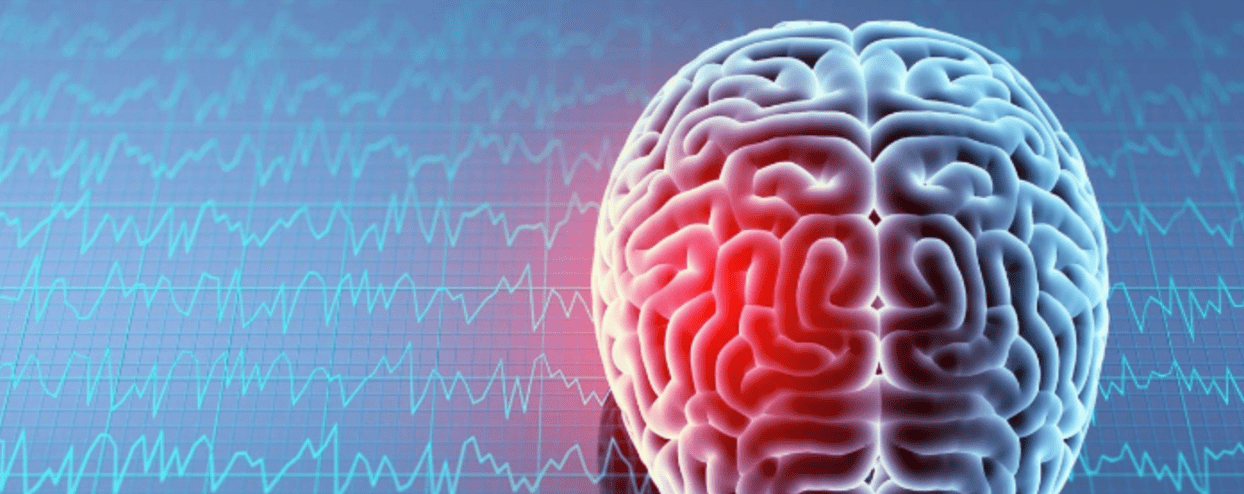The brain controls everything we do, including our emotions, behaviors, the way we move our bodies, how we process information, and how we interact with others. As such, a traumatic brain injury can have life-altering effects, not only for the person who sustains it but also for their loved ones.
Every brain injury is different, and the precise circumstances that unfold afterward will depend on several unique factors, including the location and severity of the injury. Some impairments are primary, which means they are directly related to the injury itself and are usually physical and cognitive in nature. Others, such as emotional and behavioral changes, can be both primary and secondary impairments.
Here are a few of the changes you could expect to see in a person who has experienced a brain injury.
Physical Changes
Nearly all brain injury survivors report feeling fatigued, especially soon after the event. An injured brain has to work much harder to perform normal functions, so long stretches of sleep are common in people as they’re healing, sometimes even indefinitely.
Other physical changes could include muscle weakness, headaches, partial paralysis, persistent pain, sleep disturbances, spasticity, seizures, speech and swallowing differences, and appetite changes to name a few. Some physical changes are permanent, while others can be addressed through physical therapy, medications, and if needed, surgeries.
Cognitive Changes
The cognitive impairments a survivor sustains are often among the most disabling of all the effects. They are most intense immediately after the injury, and while they may improve significantly, it’s rare that they disappear fully. With that being said, recovery can be an effort that span’s a person’s entire life, with improvements being made all the time.
Memory impairments are particularly common in brain injuries. Both the short- and long-term memory may be affected, as well as retrograde (events before the injury) and anterograde (events after the injury). A person may also face challenges in certain areas such as learning new material and processing information, comprehending language, safety awareness, spatial orientation, judgment and decision-making, comprehension, attention, and concentration.
A person’s executive functioning, including activities surrounding planning, organizing, multi-tasking, evaluating, and problem-solving, can also be affected.
Communication Changes
The communication changes a person may experience can span far and wide. For instance, they might struggle with speech as well as the ability to understand and process words. Reading impairments, difficulty finding the right word, and a limited listening attention span may also develop.
Emotional Changes
Emotional impairments can occur from the brain injury itself, or as a result of a primary impairment. For instance, someone might experience depression as a reaction to the physical or cognitive challenges they’re facing. A few emotions people can have after a brain injury are anger, apathy, anxiety, paranoia, frustration, confusion, restlessness, post-traumatic stress, and mood swings. Oftentimes, emotional challenges can be addressed through therapy.
Behavioral Changes
Like emotional changes, behavioral differences can be directly or indirectly caused by brain injury. They can range from mildly irritating to dangerous. Some behavioral changes that could emerge are withdrawal, verbal or physical aggression, intolerance, over-or under-reactions, rebelliousness, defensiveness, and excessive crying.
Behavioral changes call for patience and understanding from an individual’s support system, but those with potentially dangerous consequences should be addressed in an inpatient environment.
Social Changes
Many people experience feelings of loneliness following a brain injury. The largest population of survivors is young men, whose friends may not understand the wide range of changes they’re experiencing. Oftentimes, survivors’ friendships, and romantic relationships suffer. Issues like behavioral and emotional changes, difficulties with conversations and understanding social cues, and fatigue, can impact social lives. Nonetheless, many survivors get tremendous support from their families and are ultimately able to enjoy loving relationships and fulfilling friendships.
Family Support
Survivors’ family members will face stress and their own range of emotions after their loved one experiences a brain injury. Everyone handles the event and recovery in their own ways, and the challenges they face will depend on a number of independent factors.
Children, in particular, should be encouraged to openly discuss their feelings. If emotions among family members seem particularly intense, counseling could help.
Parents should consider how they’ll divide time between caring for the family, the survivor, and managing other responsibilities, such as work and household management. While there will be a lot to juggle, resources are available for support, such as BrainLine.org and the Brain Injury Association of America.
If you are interested in regenerative medicine also know as stem cell therapy for brain injuries then contact a care coordinator today for a free assessment!


 St. Petersburg, Florida
St. Petersburg, Florida
